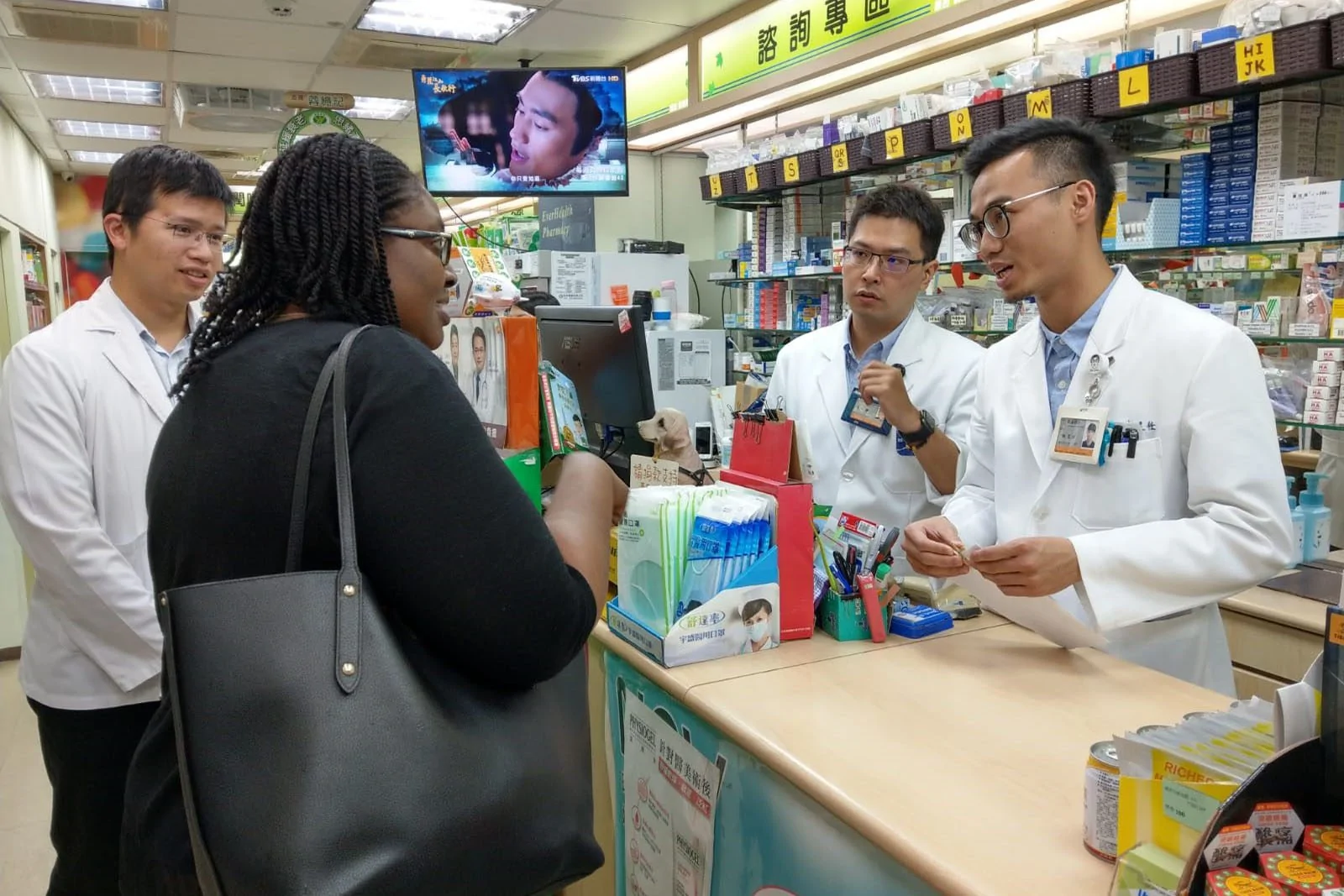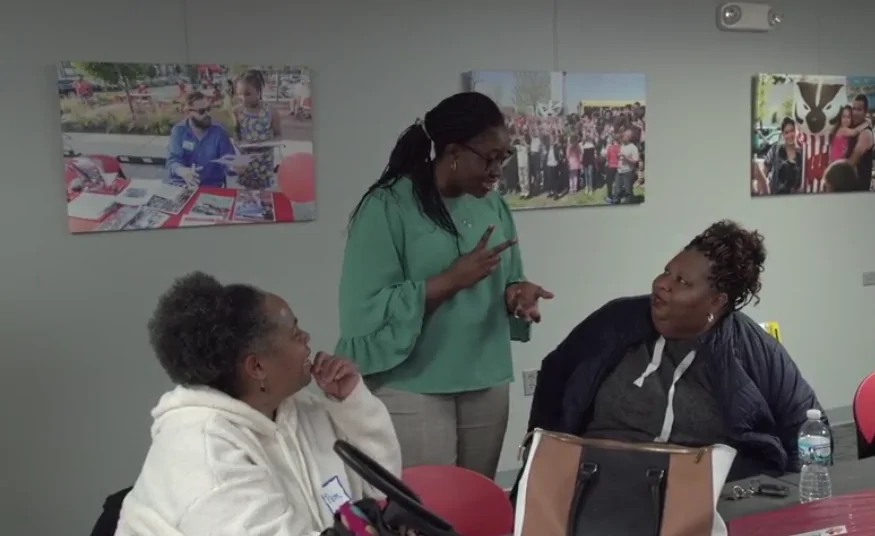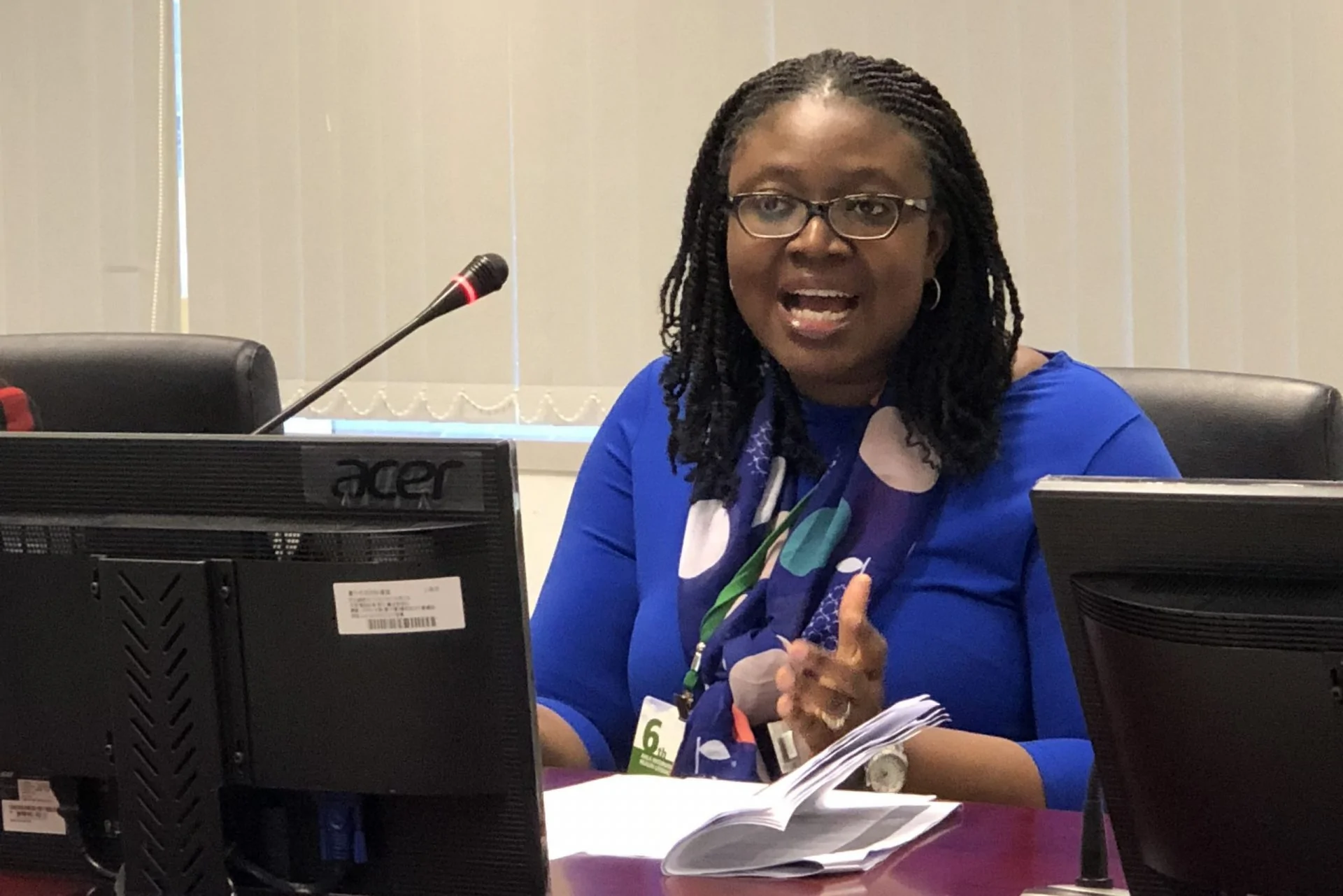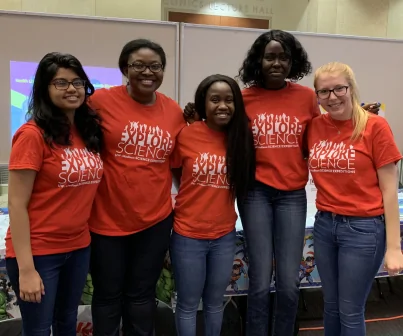
Teaching
My Teaching Philosophy
My teaching and education philosophy reflect my personal values and beliefs about meeting the learning needs of my students and my responsibility to them. With the student being of foremost priority, I seek the opportunity for exchange of information, intellectual conversations, and the creation of lifelong relationships. Because I genuinely listen to each student I encounter, I am able to gauge how their learning is improving through feedback and self-reflection. As well, I am able to assess the quality of my teaching in a continuous manner.
Critical Thinking
Translating Concepts to the Real World
Sociobehavioral and psychology theories are at the heart and soul of the concepts discussed in class. However, understanding and using theories may be difficult for professional pharmacy students to grasp. Hence, I utilize videos, news stories, and real world examples to instruct on topics that may seem abstract. My class is the first class in the PharmD curriculum to expose the students to the application of theoretical communication concepts and principles, and they are able to test their ability to communicate medication information to potential clients in a simulated videotaped consult assignment. The assignment fits nicely with one of the educational outcomes in the pharmacy curriculum, which is to demonstrate the ability to communicate effectively in oral and written forms with patients.
To be able to achieve my teaching objectives, I focus on an active learning approach in the classroom. I use small group activities, in-class assignments, polls, and peer-to-peer discussions that test students’ knowledge about what they learned in the classroom and examine how students would apply concepts in practice. I am happy to learn that a number of students have written statements in their course evaluations that my class introduces them to what it means to actually communicate and practice as a pharmacist.
Working with Unique Populations
Practicing What I Teach
Independent Thinking
A major goal I have for my students is for them to develop independent thinking and learn beyond the scope of the classroom. This is best exemplified in the way I mentor my graduate students. I encourage my graduate students to think about research topics that are meaningful to them. With encouragement, they continually refine their research questions through a process of discussion, literature searching, and the articulation of their ideas in writing. I encourage my students to present their work at local, national, and international meetings where they must think on their feet and answer questions from other researchers who may not know the details of their work. In order to ensure a positive experience, I spend significant time with them practicing their presentations and role-playing potential questions for them. Yen-Ming Huang, my first graduate student who finished his dissertation in fall 2019, is an example of an individual who has grown tremendously in independent thinking and his ability as a teacher. He received the UW–Madison School of Pharmacy 2017 Teaching Assistant of the Year Award and he has consistently had the highest-rated teaching evaluations for leading class discussions. Our work together has resulted in seven peer-reviewed publications, three national and one international oral presentations, and six posters at national and international meetings (including the Best Poster Presentation at the International Social Pharmacy Workshop in Scotland). In addition, three professional pharmacy students conduct research projects with me for independent study credit.
Work-Life Balance
Lastly, my teaching philosophy embodies a drive for quality improvement where I seek to improve what and how I teach students in the classroom or otherwise. For example, in my first three years of teaching in the pharmacy curriculum, I received great student evaluations. However, in my fourth year, I saw a dip in my ratings. As a result, I realized that it was time to further actively seek best teaching strategies. Hence, I attended the UW–Madison Teaching Summer Institute where I learned about active learning teaching techniques. I utilized the opportunity through the institute to revamp my class to make it more practice-oriented versus the use of didactic teaching. Moving forward, the students have requested the need for more case-based discussions versus assignment discussions. Hence, I will be considering the addition of practice-based cases that allows students to learn social and behavioral theoretical concepts in a manner that seems more relatable to real pharmacy practice.






